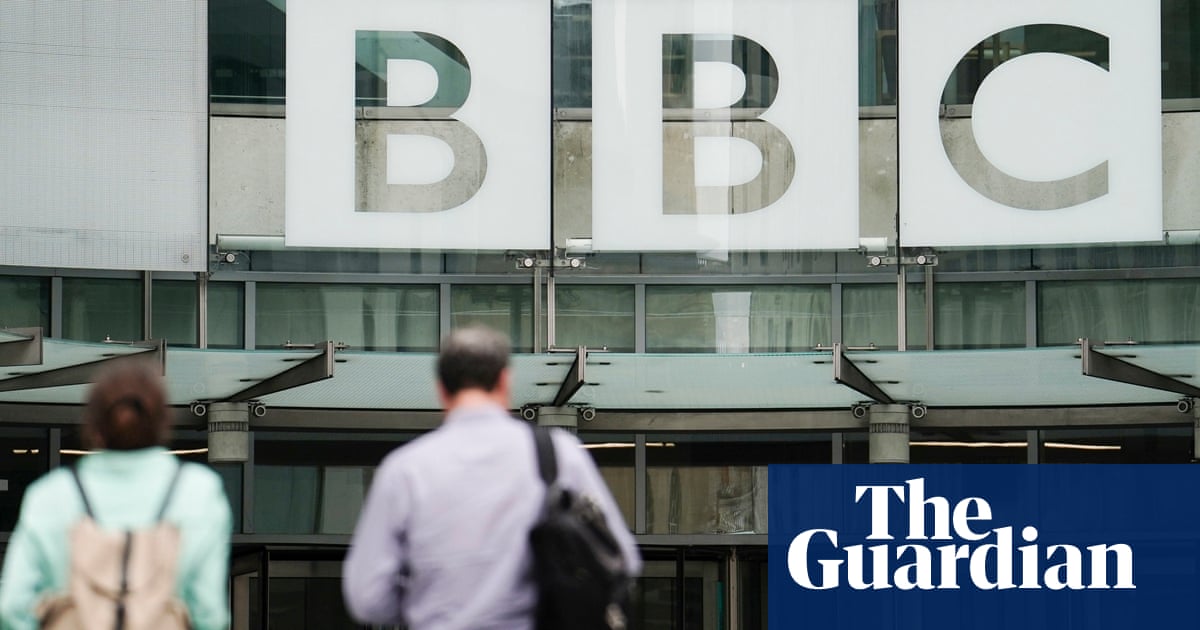
Washington has had a big week. The Supreme Court issued two major rulings that expanded gun rights and overturned the right to abortion, while hearings into the Jan. 6 invasion of the US Capitol continued, with some major revelations. Despite such high-profile, political developments, inflation is likely to play a much bigger role in shaping this year’s elections.
The US will hold midterm elections in November, with all seats in the House of Representatives and 35 seats in the Senate to be contested, as well as multiple gubernatorial and other state and local elections. At the same time, Americans are struggling with inflation. The consumer price index rose 8.6 percent over the previous year in May — the highest since 1981. Annual core inflation rose by 6 percent. Many Americans are not accustomed to significant inflation and polls suggest that a majority perceive inflation as more historically high than it actually is.
Multiple factors are driving inflation around the world. The pandemic created massive global supply chain snarls and fast-changing consumption trends, which continue to drive inflation. Recent lockdowns in China due to COVID-19 have undermined supply chain recovery. Russia’s invasion of Ukraine contributed to spikes in energy and food prices. The US is hardly alone; for example, inflation in the EU is similar to America, though price rises began earlier in the US.
Some factors are more specific to the US. Stimulus measures designed to support the economy during the pandemic — primarily from more than $3 trillion in pandemic emergency spending under the Trump administration and the $1.9 trillion American Rescue Plan under the Biden administration — likely helped fuel inflation, though economists disagree on the extent of the impact. The pandemic drove changes in the US workforce that have now prompted a labor shortage.
The US president plays a small role in shaping inflation. The US Federal Reserve is independent and controls monetary policy. Any US president that respects that independence has limited tools to address inflation and can only take action at the margins. President Joe Biden has insisted that the Fed remain independent.
However, few Americans have a strong understanding of monetary policy and perceptions matter more than reality in politics. A recent Quinnipiac University poll found that 69 percent of Americans believe that the president has a lot of control over inflation. Multiple polls have found that Americans are very concerned about inflation. In a recent Gallup poll, about a third of respondents said that inflation is their family’s biggest financial challenge and a recent FiveThirtyEight/Ipsos poll found that Americans ranked inflation as their top issue of concern more than any other issue, including gun violence. At the same time, partisanship contributes to perceptions of inflation: Quinnipiac found that 76 percent of Republicans view inflation as a crisis, compared to 59 percent of independents and 39 percent of Democrats.
Inflation clearly is contributing to Biden’s poor approval ratings, which rank around 39 percent. In context, however, Biden’s ratings are no worse than Trump’s generally were at the same point in his presidency.
Biden is aware of the particular pain that inflation causes. Compared to other economic metrics, inflation is obvious on a daily basis, as Americans fuel their cars and buy groceries. Rising prices create hardships for middle-class Americans and especially for poorer Americans. Biden knows that appearing indifferent to these difficulties is political suicide, so he has expressed personal sympathy for the pain of inflation and said that inflation is his top economic priority. His recent efforts to persuade Congress to temporarily lift the federal gas tax is unlikely to have much practical effect on inflation, but it demonstrates the president’s awareness that Americans need to perceive him as trying to do something.
Meanwhile, Republicans are working hard to use inflation as a weapon against Biden and other Democrats. Republican lawmakers and media figures say that the American Rescue Plan drove inflation, as well as blaming Democratic spending more generally. They also say that Biden is failing to act on inflation, though many Republican lawmakers are well aware that a president has limited tools to address the problem.
Even without inflation, Republicans hold significant advantages in the midterm elections. Historically, the president’s party tends to lose seats in midterm elections, especially when the president’s approval ratings are low. Furthermore, more House swing seats are currently held by Democrats than Republicans and Democrats are defending more Senate seats compared to Republicans. Inflation is an additional drag on Democrats’ likely performance in November, especially since rising prices particularly hurt the types of swing voters that Democrats need to win.
Few Americans have a strong understanding of monetary policy and perceptions matter more than reality in politics.
Kerry Boyd Anderson
Democrats are trying to address inflation within their limited means to do so, while also working to keep the political spotlight on other issues, such as low unemployment and the Jan. 6 hearings. Republicans are working hard to maintain a focus specifically on inflation, including using it to deflect attention away from the Capitol riot hearings. Republicans have a communication advantage, as it is easier to consistently address one issue that deeply worries Americans. Fundamentally, people want simple answers to complex problems such as inflation and Republicans offer a simple answer by pointing the finger at Democrats.
Whatever the realities of who or what has caused inflation, the issue will hurt Democrats in the midterm elections. Given Republican advantages and the already small Democratic margins in the House and the Senate, Democrats will likely lose control of Congress in November.
Kerry Boyd Anderson is a writer and political risk consultant with more than 18 years of experience as a professional analyst of international security issues and Middle East political and business risk. Her previous positions include deputy director for advisory with Oxford Analytica. Twitter: @KBAresearch












